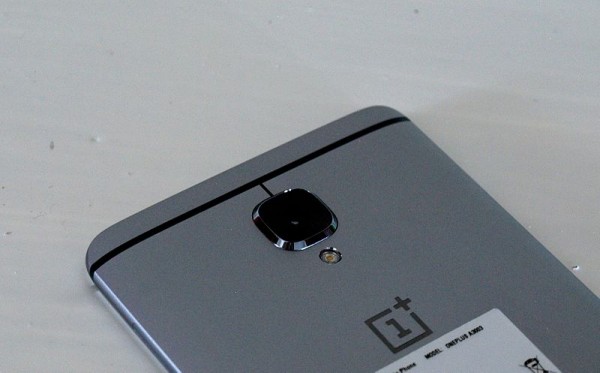By Daniela Lozano, | April 13, 2017

The OnePlus 5 smartphone will reportedly be cheaper than Apple's iPhone 8. (Santeri Viinamäki/CC BY-SA 4.0)
OnePlus is making a name for itself as it continues to release highly-rated devices. The company has been receiving good reviews and praises for it OnePlus 3 and OnePlus 3T. These devices have gotten the Android 7.1.1 update alongside OxygenOS 4.1 and would receive a series of updates in Open Beta.
Like Us on Facebook
However, XDA revealed that OnePlus does not care for its older devices. The company seems to be focusing on its latest smartphones and forgets to update its devices that are more than three years old.
The OnePlus 2, which was first released with Android 5.1.1 Lollipop, was updated last year with the Android 6.0 Marshmallow and received an update just a few weeks ago, termed as the OxygenOS 3.5.8. Some customers have expressed disappointment as the update was referred as Android Marshmallow; although it contained security patches up to March of this year.
Meanwhile, BGR has reported that the OnePlus 5 might be released soon. The device, tagged as the successor of OnePlus 3 and OnePlus 3T, could change the course of technology and innovation in the world with its interesting features and functions. There are speculations that the upcoming device would not have a physical home button and a fingerprint sensor would be visible at the back of the phone.
-
Use of Coronavirus Pandemic Drones Raises Privacy Concerns: Drones Spread Fear, Local Officials Say

-
Coronavirus Hampers The Delivery Of Lockheed Martin F-35 Stealth Fighters For 2020

-
Instagram Speeds Up Plans to Add Account Memorialization Feature Due to COVID-19 Deaths

-
NASA: Perseverance Plans to Bring 'Mars Rock' to Earth in 2031

-
600 Dead And 3,000 In The Hospital as Iranians Believed Drinking High-Concentrations of Alcohol Can Cure The Coronavirus

-
600 Dead And 3,000 In The Hospital as Iranians Believed Drinking High-Concentrations of Alcohol Can Cure The Coronavirus

-
COVID-19: Doctors, Nurses Use Virtual Reality to Learn New Skills in Treating Coronavirus Patients







